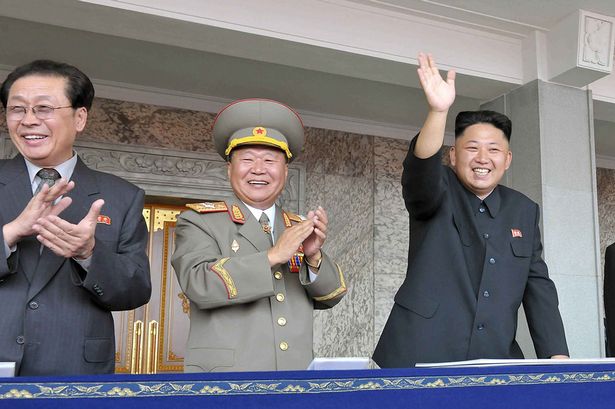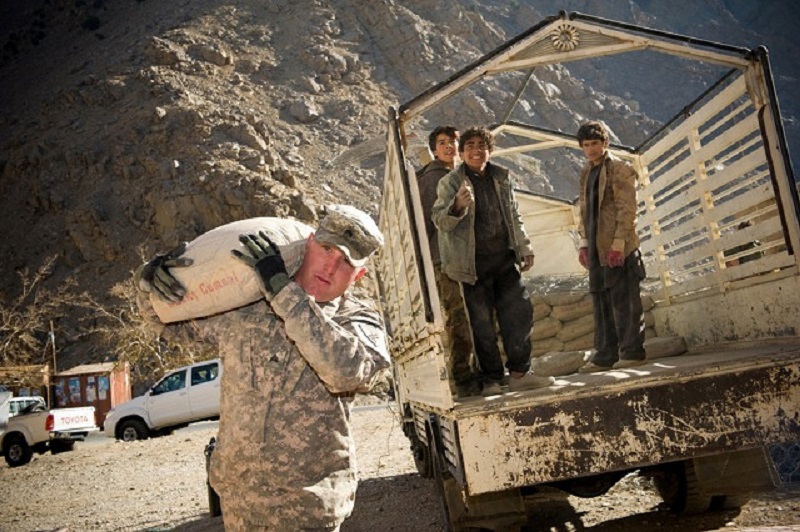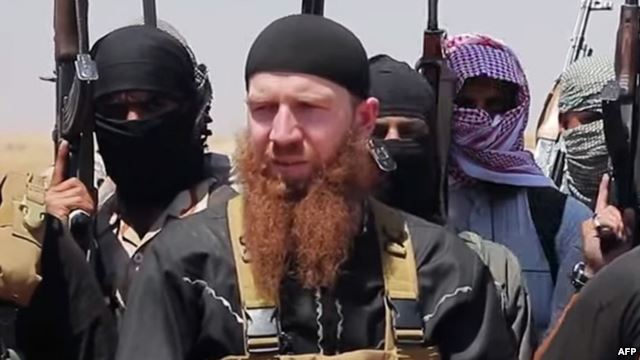North Korea has revealed on Friday that it has executed Kim Jong-un’s uncle, Jang Song Thaek. Bearing a stark Orwellian resemblance, the party has released a statement on the decision to execute Jang Song Thaek, calling him despicable human scum, who was worse than a dog. The party also referred to him as an anti-party counter-revolutionary trickster who has tried to overthrow not only the leadership of the party, but also North Korea’s socialist system. Moreover, he was blamed for instructing his “stooges” to sell precious underground resources at random, letting the capitalist lifestyle into North Korea through distributing all sorts of pornographic pictures, and wasting money at casinos in foreign countries.
Jang Song Thaek was not only Kim Jong-un’s uncle, but one of Kim’s “former” closest advisors. He was considered the second-most powerful man in North Korea. Executing Mr. Thaek publicly came as a surprise to many, though he was not the only close advisor who has “disappeared” from Kim’s service.
On 28 December 2011, at Kim Jong-il’s funeral, eight people flanked the casket; it was his son and successor, Kim Jong-un, and seven other officials. Walking alongside the hearse carrying the body, was a sign that these eight men will form the inner core of the new regime. The seven officials publicly declared their loyalty, and were supposed to be the core figures in guiding the young dictator as he settles into his new role.
[captionpix align=”left” theme=”elegant” width=”300″ imgsrc=”http://natoassociation.ca/wp-content/uploads/2013/12/pic1.jpg” captiontext=”Kim Jong Il’s Funeral”]
Now, nearly two years later, only two of the seven officials remain in the office: Kim Ki Nam (Worker’s Party Chief Propagandist) and Choe Thae Bok (Chairman of the Supreme People’s Assembly). The following image shows the eight men standing alongside Kim Jong il’s hearse. Starting from the front left of the vehicle and going clockwise: Kim Jong-un, Supreme Leader of North Korea; Jang Song Taek, Director of Worker’s Party Administration Department – Executed; Kim Ki Nam, Chief Propagandist of the Worker’s Party; Choe Thae Bok, Chairman of the Supreme People’s Assembly; U Tong Chuk (behind the vehicle), Head of State Security – Disappeared; Kim Jong Gak (behind the vehicle), Minister of the People’s Armed Forces – Fired; Kim Yong Chun, Vice Marshal of the Korean army – Demoted; and Ri Yong Ho, Chief of the General Staff for the Korean army – Disappeared.
With Jang’s public execution, the military personnel from the seven officials have been, at least, forced from office. U Tong Chuk and Ri Yong Ho have both disappeared from state media and their offices were filled by others. Kim Yong Chun, previously one of the army’s highest ranking officers, was suddenly demoted to supervise the military’s reserve training office. Kim Jong Gak, who was at first promoted to the highest military office after Kim Jong Il’s death, was fired from every military position he held. He is now only occasionally seen among the civilian leadership.
Abraham Denmark, vice president for political and security affairs at the National Bureau of Asian Research, told Foreign Policy that Kim Jong Un is most likely dismantling the old inner circle to build his own, drawing more from the country’s civilian leadership that have risen through the Worker’s Party – a noticeable shift from the previous government.
The fate of Kim Ki Nam and Choe Thae Bok, the last remaining members of the seven officials, is yet to be determined. The question of whether the recent changes in the party are signals of change in the future ambitions of the dictator also remains. The reshuffling of the ruling elite coupled with a recent focus on invigorating tourism suggests that Kim might be thinking of opening up the highly secretive state to the world.




